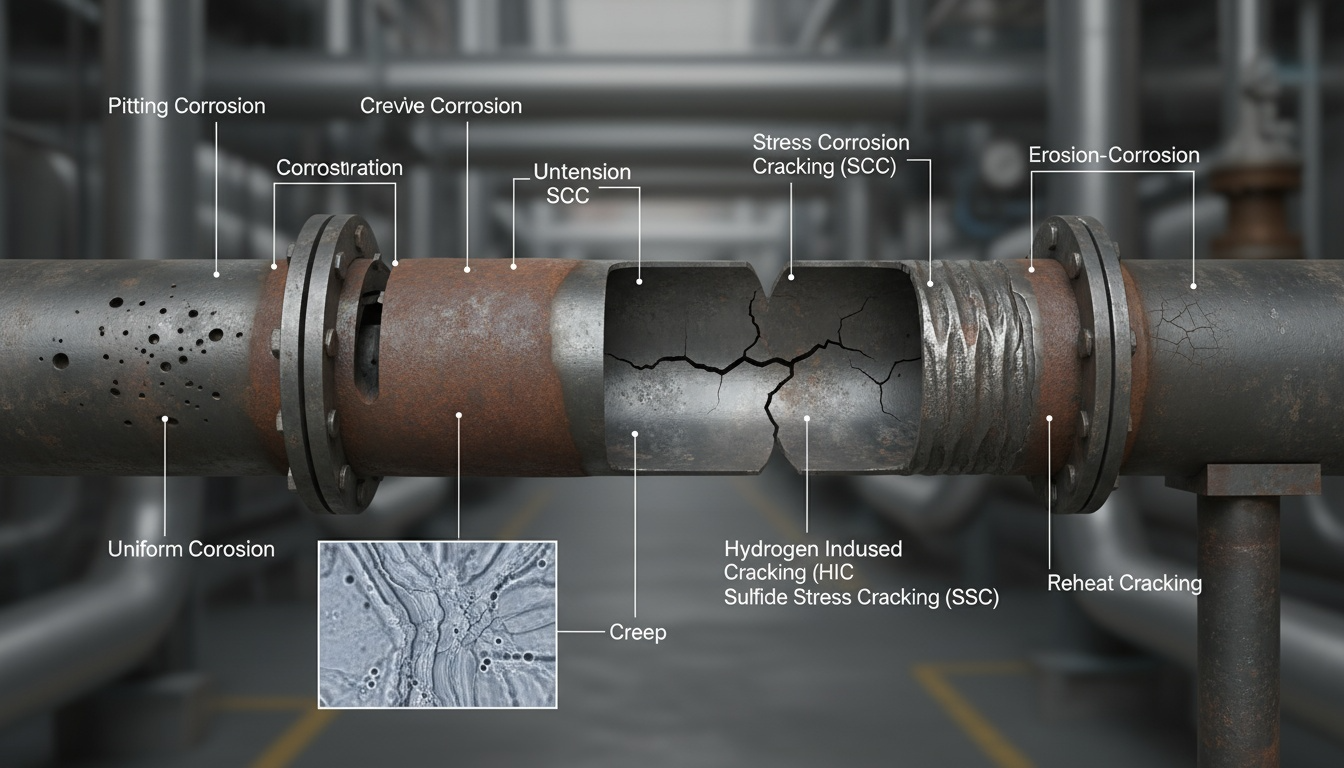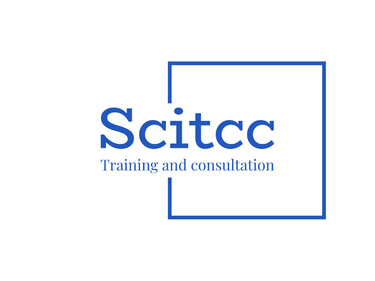
API 571 - Corrosion & Materials (Damage Mechanisms)
$1500.00
API 571 - Corrosion & Materials (Damage Mechanisms)
Course Overview
Program Title: API 571 Damage Mechanisms Affecting Fixed Equipment in Refining Industry
Duration: 3 Days (24 Contact Hours)
Schedule: January 20-22, 2026 | March 17-19, 2026
Timing: Full-Day (9:00 AM - 5:00 PM)
Location: Riyadh, Dammam | Online Live
Course Code: STC-API571-2026-01
Investment: 2,800 SAR (Early Bird: 2,240 SAR)
Course Description:
Comprehensive training on API 571 Damage Mechanisms covering 65+ degradation modes affecting pressure vessels, piping, and tanks in refining and petrochemical operations. Essential knowledge for API 510/570/653 inspectors, corrosion engineers, and integrity specialists in GCC facilities.
Course covers metallurgy fundamentals, corrosion theory, environment-specific damage mechanisms (crude units, cat crackers, hydrocrackers, reformers), cracking mechanisms, high-temperature damage, inspection techniques, and mitigation strategies.
Target Audience:
API 510/570/653 inspectors seeking advanced knowledge
Corrosion engineers and materials specialists
Inspection engineers and RBI coordinators
Mechanical integrity engineers
Plant engineers and operations personnel
NACE corrosion technologists
Prerequisites:
Basic understanding of refinery/petrochemical processes
Familiarity with inspection practices
Engineering or technical background preferred
Course Curriculum Highlights
Day 1: Metallurgy & General Corrosion Mechanisms
Metallurgy fundamentals: Crystal structure, phases, heat treatment
Carbon steel, stainless steel, nickel alloys properties
Corrosion theory: Electrochemical reactions, galvanic series
General/uniform corrosion
Galvanic corrosion
Pitting and crevice corrosion
Erosion and erosion-corrosion
Cavitation damage
Atmospheric corrosion
Corrosion under insulation (CUI/CUFI)
Day 2: Environment-Specific Corrosion & Cracking
Sulfidic corrosion (H2S, sulfidation, polythionic acid)
Naphthenic acid corrosion
Amine corrosion (DEA, MEA, MDEA systems)
Caustic corrosion and caustic stress corrosion cracking
Sour water corrosion
Hydrofluoric acid corrosion (HF alkylation units)
Chloride stress corrosion cracking (CSCC)
Hydrogen-induced cracking (HIC, SOHIC, SSC)
Ammonia stress corrosion cracking
Carbonate cracking
Day 3: High-Temperature Damage & Mechanical Mechanisms
High-temperature hydrogen attack (HTHA) - Nelson curves
High-temperature oxidation and scaling
Carburization and metal dusting
Nitriding
Graphitization of carbon steel
885°F (475°C) embrittlement
Sigma phase embrittlement
Temper embrittlement
Creep and stress rupture
Thermal fatigue and mechanical fatigue
Brittle fracture
Erosion mechanisms in specific unit operations
Damage mechanism matrix for refinery units
Learning Outcomes
Identify 65+ damage mechanisms per API 571
Understand root causes and contributing factors
Recognize susceptible materials and environments
Apply inspection techniques for detection
Implement mitigation and prevention strategies
Support RBI program development with damage mechanism knowledge
Enhance API 510/570/653 certification performance
Course Materials
API 571 Damage Mechanisms (2nd Edition) - full copy provided
Course workbook with photos and case studies
Damage mechanism matrix for GCC refinery units
Visual identification guide (500+ photos)
Quick reference cards by unit operation
Instructor: Dr. Tariq Al-Harbi, PhD Metallurgy, NACE Fellow, 25 years Aramco R&D
Registration: scitcc.com/api-571 | +971566922928


